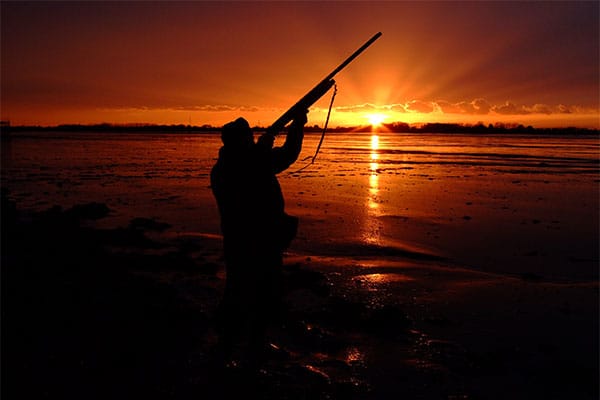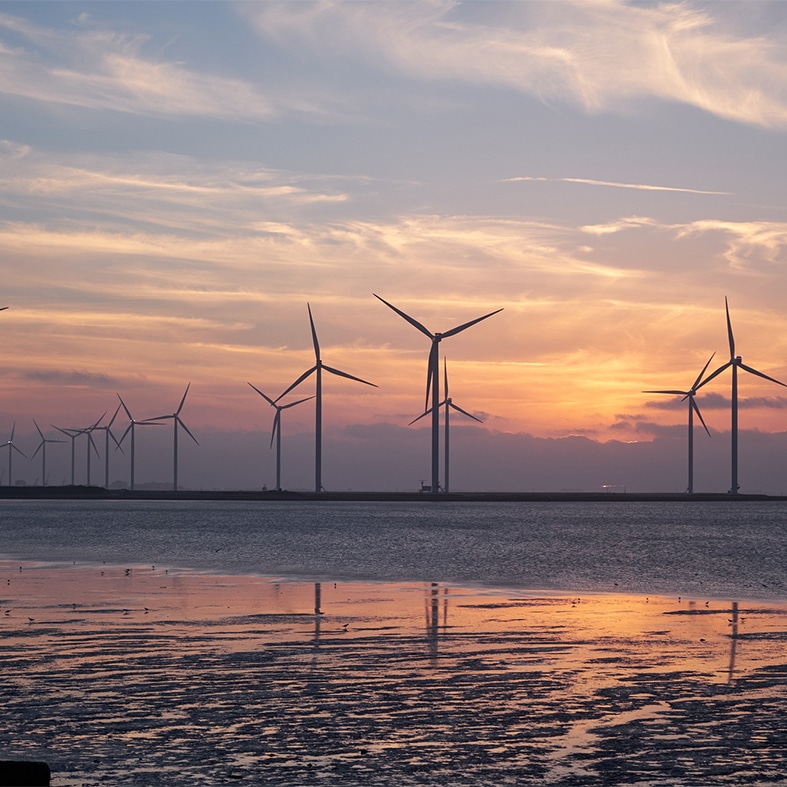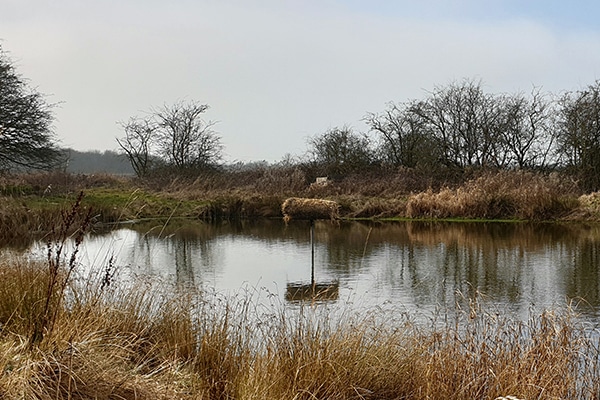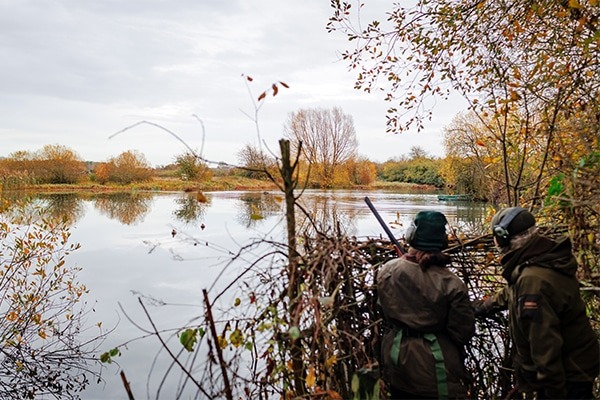
Sustainable Shooting Code of Practice
Read our code of practice on shooting wildfowl, waders and rail species sustainably in England, Scotland and Wales.
Get information on the legal shooting season for mammals and birds in the UK.
Apply for funding for your project or make a donation today
Comprehensive information and advice from our specialist firearms team.
Everything you need to know about shotgun, rifle and airgun ammunition.
Find our up-to-date information, advice and links to government resources.
Everything you need to know on firearms law and licensing.
All the latest news and advice on general licences and how they affect you.


Home » Wildfowling » Wildfowling advice » Wind farm advice
Fossil fuels (coal, gas and oil) are a finite resource, it is therefore essential to find renewable alternatives.
We understand that, as part of a renewable energy strategy, wind farms are one of a number of possible options.
Alternatives include tidal and wave power, burning energy crops and solar power. Wind power is popular at the moment because it is thought to be cost-effective. Other forms of renewable energy will become more popular in the future as commercial viability increases.
We do not oppose the development of wind farms as such, recognising the importance of sustainable energy. However, where wind farm developments threaten shooting, members will want to know how to make representation to either oppose or influence the development in some way.
Throughout the UK, wind farm developers have to follow a standard process before they can start to build. This involves making the public aware of the proposal; usually details are published in local papers, at libraries and other public buildings.
Developers must produce and publish an environmental statement on the possible impact of the planned development.
The environmental statement is open to public scrutiny, and will be commented on by the statutory conservation agencies (Natural Resources Wales, Natural England, Northern Ireland Environment Agency and Scottish Natural Heritage) together with NGOs like the RSPB and Wildlife Trusts. It is at this stage that people who shoot can make representation.
Key areas to consider when faced with a wind farm development include:
BASC members are most likely to get involved because of their local knowledge of bird movements.
Where members have information that challenges the content or accuracy of the environmental statement they should respond saying why they think it is wrong, outlining what they know about bird movements, and over what period of time these observations have been made.
Letters should be copied to the regional offices of the statutory conservation agency and RSPB. These organisations are keen to ensure that wind farm developments do not impact on wildlife and they will be grateful for any information you can provide.
The nearest local office for either statutory conservation agencies or the RSPB can be obtained from their websites.

Read our code of practice on shooting wildfowl, waders and rail species sustainably in England, Scotland and Wales.

If this code is followed, flight ponds will provide excellent shooting with benefits to conservation which can be enjoyed by a wider public.

Find out everything you need to know about wildfowling. Whether you are new to it, or want more practical advice we’ve got you covered.